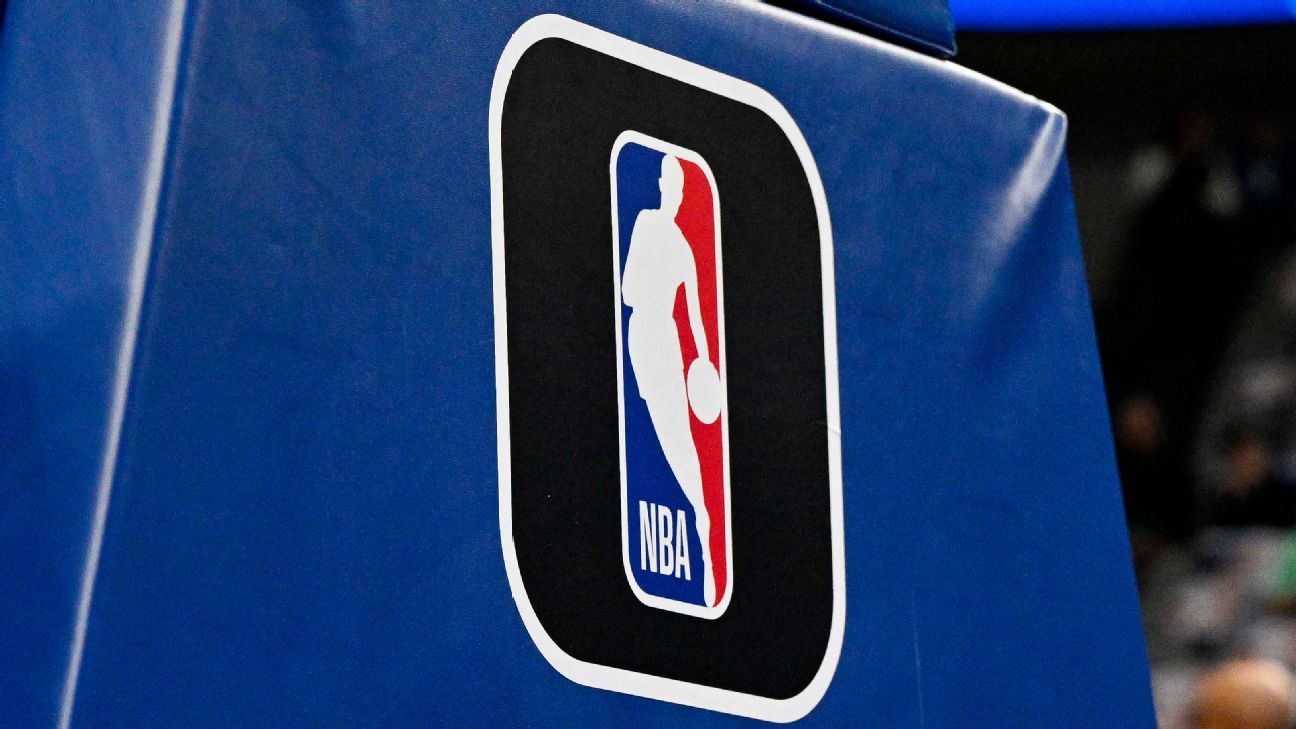You may also like...
Super Eagles Set Sights on AFCON 2025 Glory, Despite Doubts from Greek Champion

Super Eagles captain William Troost-Ekong aims for AFCON 2025 gold in Morocco, learning from past experiences and leadin...
NBA Rocked by Gambling Scandal: Players, Coaches, and League Grapple with 'Dire Risks'

The NBA is aggressively re-evaluating its stance on sports betting regulations and player protection following federal i...
Funding Frenzy in Tokyo: 'Filipinana' and 'Garuda' Make Waves at Gap-Financing Market

Two distinct cinematic ventures, Indonesian animated feature “Garuda: Dare to Dream” and Rafael Manuel’s debut live-acti...
Hollywood Shockwave: Paramount Skydance Axes 1,000 Employees Amidst Industry Upheaval

Paramount Skydance is set to cut approximately 1,000 jobs this week as part of a major cost-reduction initiative followi...
Music Meets Diplomacy: Shakira & The Weeknd Join Global Board with Star-Studded Lineup!

Shakira and The Weeknd have joined the FIFA Global Citizen Education Fund's Advisory Board, aiming to make education mor...
KPop Phenomenon: HUNTR/X's 'Golden' Dominates Global Charts for 13 Weeks!

HUNTR/X's "Golden" from <i>KPop Demon Hunters</i> reclaims the No. 1 spot on both Billboard Global 200 and Global Excl. ...
Must-Watch Horror Masterpiece (92% RT) Now Streaming For Free!

The critically acclaimed horror film 'Barbarian', boasting a 92% Rotten Tomatoes score, will soon be available for free ...
Major UK Airline, Serving 1.3 Million Annually, Faces Imminent Collapse!

Eastern Airways, a UK airline operating since 1997, is reportedly nearing administration after filing a notice of intent...